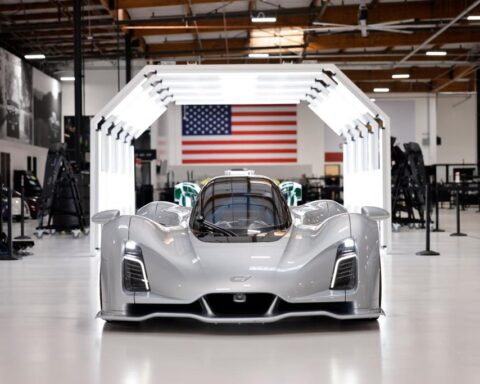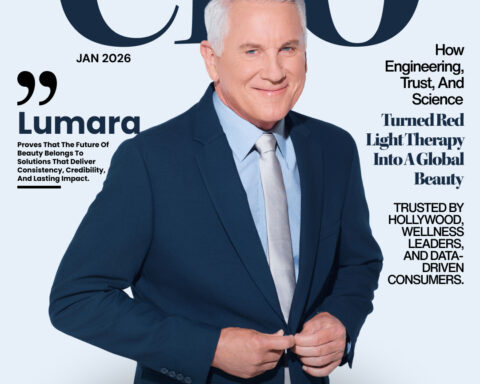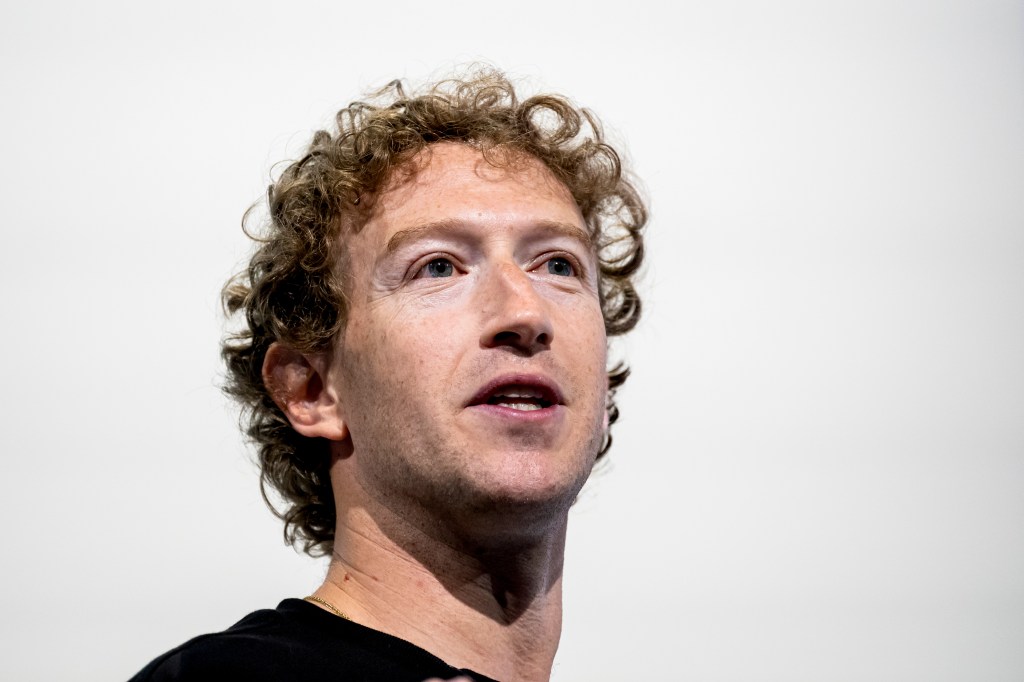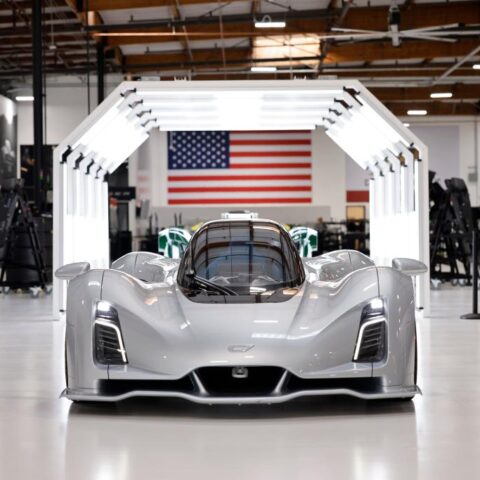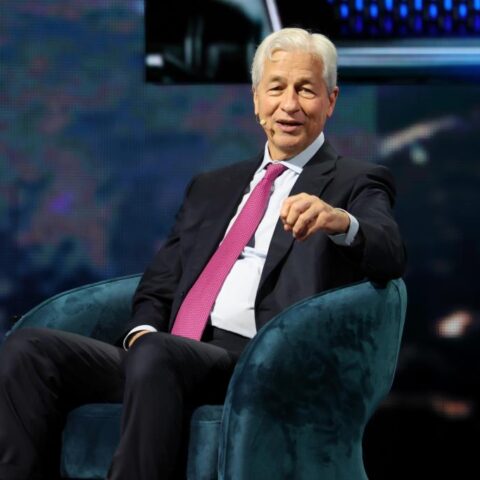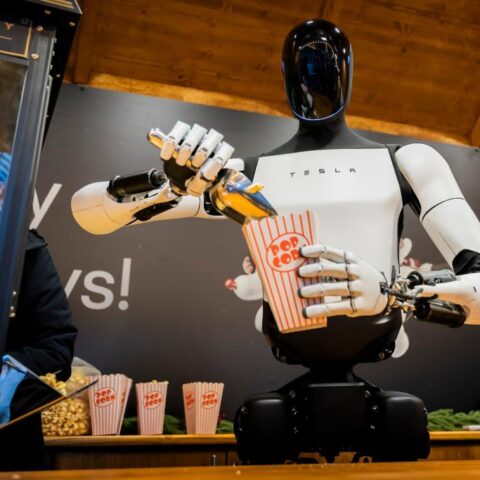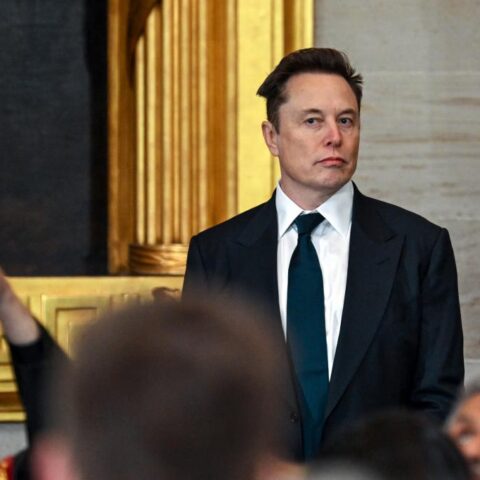From eye-watering salaries to Silicon Valley’s top talent, Meta is going all-in to outpace OpenAI and define the future of artificial intelligence.
Mark Zuckerberg is betting big—perhaps bigger than ever—on artificial intelligence. With Meta’s pivot to the metaverse falling short, the CEO has now set his sights on building something even more ambitious: artificial superintelligence (ASI), a concept where AI surpasses human-level performance in all domains of knowledge and reasoning.
It’s a lofty, still-theoretical goal. But to get there, Meta is investing billions, recruiting an all-star team of researchers and engineers from rivals like OpenAI, Google, Apple, and Anthropic—reportedly offering pay packages as high as $100 million. This recruiting blitz has sparked a talent war across Silicon Valley, one that is now being scrutinized by investors and competitors alike.
“We’re building the most elite and talent-dense team in the industry,” Zuckerberg declared earlier this month on Threads, signaling the intensity of his company’s AI push.
The Superintelligence Dream Team
At the center of this effort is Meta Superintelligence Labs, a newly formed unit dedicated to achieving ASI. The lab is led by Alexandr Wang, the former CEO of data-labeling startup Scale AI, which Meta acquired in a $14.3 billion deal. He is joined by tech veterans like former GitHub CEO Nat Friedman and Shengjia Zhao, a co-creator of ChatGPT who was poached from OpenAI to serve as chief scientist of the new initiative.
Zuckerberg’s goal is clear: don’t just participate in the AI revolution—own it.
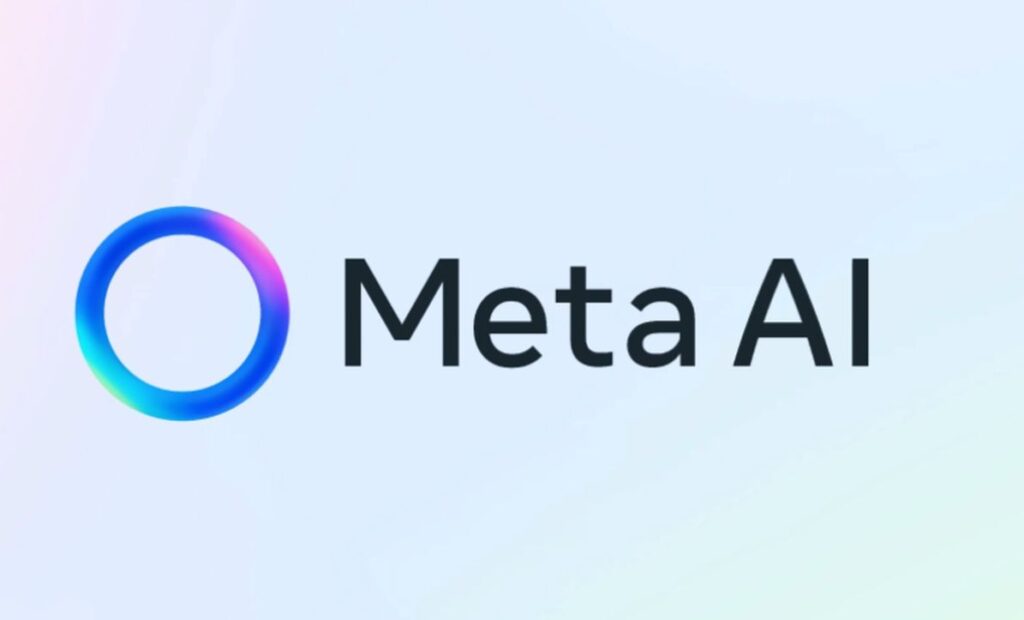
High Stakes, Higher Costs
Unlike other tech giants, Meta lacks a cloud business to monetize its AI infrastructure immediately. Still, it has poured billions into building custom data centers and acquiring chips to power its models. The delayed rollout of Llama 4, Meta’s most ambitious open-source model to date, has already served as a costly lesson.
“You can have hundreds of thousands of GPUs,” said D.A. Davidson analyst Gil Luria, “but if you don’t have the right team developing the model, it doesn’t matter.”
Meta now appears determined not to repeat that mistake. In recent months, it has lured elite AI talent with unprecedented compensation packages, triggering alarm and envy across the industry. OpenAI CEO Sam Altman even claimed that Meta was offering his engineers nine-figure bonuses to switch companies. While Zuckerberg has downplayed these numbers, the message is clear: Meta will pay what it takes.
The Bigger Picture
Beyond technical competition, Zuckerberg’s motives may be deeply rooted in a desire for platform dominance. Meta lost out to Apple and Google in the smartphone operating system era, and it has long chafed at their control over the mobile ecosystem. Now, with AI emerging as the next foundational platform, Zuckerberg is determined not to be left behind.
To strengthen its foothold, Meta recently partnered with Amazon Web Services to support startups building on its Llama models, aiming to make its technology central to the new AI economy.
But not everyone is convinced. Some analysts are questioning how Meta’s pursuit of ASI aligns with its core business. “They are spending billions without a clear path to revenue,” said Emarketer’s Minda Smiley. Meta executives are expected to face tough questions about that during their upcoming earnings call.
Still, investors appear unfazed—for now. Meta’s stock is up roughly 20% in 2025, reflecting confidence in the company’s continued dominance in social media and digital advertising, which still account for the bulk of its revenue.
A New Legacy?
Zuckerberg’s ambitions go well beyond maintaining Meta’s business as usual. According to AI consultant and former OpenAI executive Zack Kass, this could be the defining chapter of the tech mogul’s career.
“If he can build superintelligence that cures cancer,” Kass said, “he doesn’t have to talk about Facebook groups anymore as being his lasting legacy.”
Zuckerberg is chasing more than just market share—he’s pursuing a new future for Meta, for AI, and perhaps for humanity itself. Whether that vision becomes reality or remains Silicon Valley myth-making remains to be seen. But one thing is certain: the AI race has a new frontrunner, and he’s not afraid to spend whatever it takes to win.




